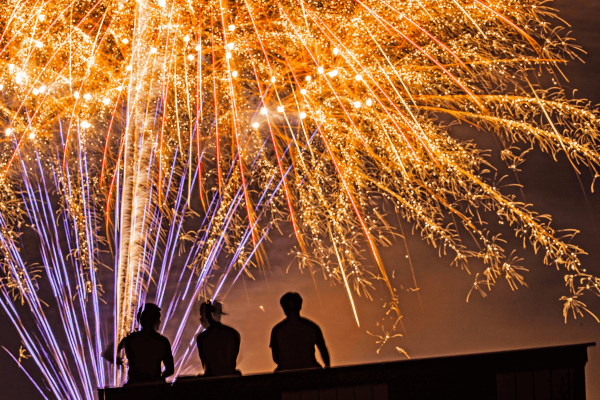Jul 2, 2025
If it’s not obvious: I genuinely enjoy celebrating July Fourth. Yet I know that many Americans — including Christians who share my commitment to social justice — have a far more complicated relationship with the holiday. And I get that reluctance. So often, celebrating Independence Day is wrapped in a weaponized, politicized form of patriotism which allows no room for critiquing the real harms and contradictions of our nation. But I think it’s a mistake for us to cede patriotism to those who turn it into a poisonous blend of nationalism and ethnocentrism, fixated on blood and soil and fueled by fear of “the other.”
Read the Full Article

Already a subscriber? Login
